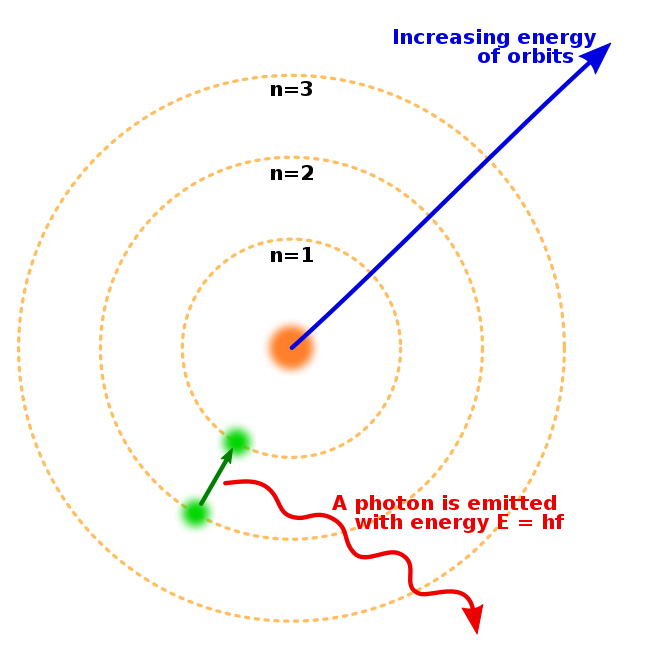
Main Difference
The main difference between Analogy and Simile is that the Analogy is a inference or argument from one particular to another particular and Simile is a figure of speech.
-
Analogy
Analogy (from Greek ἀναλογία, analogia, “proportion”, from ana- “upon, according to” [also “against”, “anew”] + logos “ratio” [also “word, speech, reckoning”]) is a cognitive process of transferring information or meaning from a particular subject (the analog, or source) to another (the target), or a linguistic expression corresponding to such a process. In a narrower sense, analogy is an inference or an argument from one particular to another particular, as opposed to deduction, induction, and abduction, in which at least one of the premises, or the conclusion, is general rather than particular in nature. The term analogy can also refer to the relation between the source and the target themselves, which is often (though not always) a similarity, as in the biological notion of analogy.
Analogy plays a significant role in problem solving, as well as decision making, argumentation, perception, generalization, memory, creativity, invention, prediction, emotion, explanation, conceptualization and communication. It lies behind basic tasks such as the identification of places, objects and people, for example, in face perception and facial recognition systems. It has been argued that analogy is “the core of cognition”. Specific analogical language comprises exemplification, comparisons, metaphors, similes, allegories, and parables, but not metonymy. Phrases like and so on, and the like, as if, and the very word like also rely on an analogical understanding by the receiver of a message including them. Analogy is important not only in ordinary language and common sense (where proverbs and idioms give many examples of its application) but also in science, philosophy, law and the humanities. The concepts of association, comparison, correspondence, mathematical and morphological homology, homomorphism, iconicity, isomorphism, metaphor, resemblance, and similarity are closely related to analogy. In cognitive linguistics, the notion of conceptual metaphor may be equivalent to that of analogy. Analogy is also a basis for any comparative arguments as well as experiments whose results are transmitted to objects that have been not under examination (e.g., experiments on rats when results are applied to humans).
Analogy has been studied and discussed since classical antiquity by philosophers, scientists, theologists and lawyers. The last few decades have shown a renewed interest in analogy, most notably in cognitive science.
-
Simile
A simile () is a figure of speech that directly compares two things. Similes differ from metaphors by highlighting the similarities between two things through the use of words such as “like” and “as”, while metaphors create an implicit comparison (i.e. saying something “is” something else). This distinction is evident in the etymology of the words: simile derives from the Latin word similis (“similar, like”), while metaphor derives from the Greek word metapherein (“to transfer”). While similes are mainly used in forms of poetry that compare the inanimate and the living, there are also terms in which similes are used for humorous purposes and comparison.
-
Analogy (noun)
A relationship of resemblance or equivalence between two situations, people, or objects, especially when used as a basis for explanation or extrapolation.
-
Simile (noun)
A figure of speech in which one thing is compared to another, in the case of English generally using like or as.
“A simile is a bit like a metaphor.”
-
Analogy (noun)
a comparison between one thing and another, typically for the purpose of explanation or clarification
“he interprets logical functions by analogy with machines”
“an analogy between the workings of nature and those of human societies”
-
Analogy (noun)
a correspondence or partial similarity
“the syndrome is called deep dysgraphia because of its analogy to deep dyslexia”
-
Analogy (noun)
a thing which is comparable to something else in significant respects
“works of art were seen as an analogy for works of nature”
-
Analogy (noun)
a process of arguing from similarity in known respects to similarity in other respects
“argument from analogy”
-
Analogy (noun)
a process by which new words and inflections are created on the basis of regularities in the form of existing ones.
-
Analogy (noun)
the resemblance of function between organs that have a different evolutionary origin.
